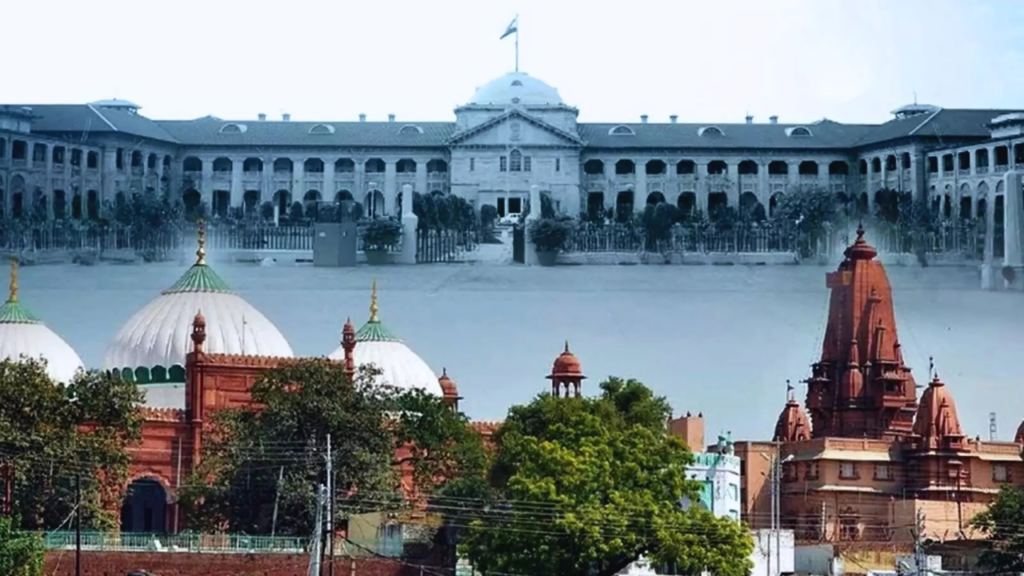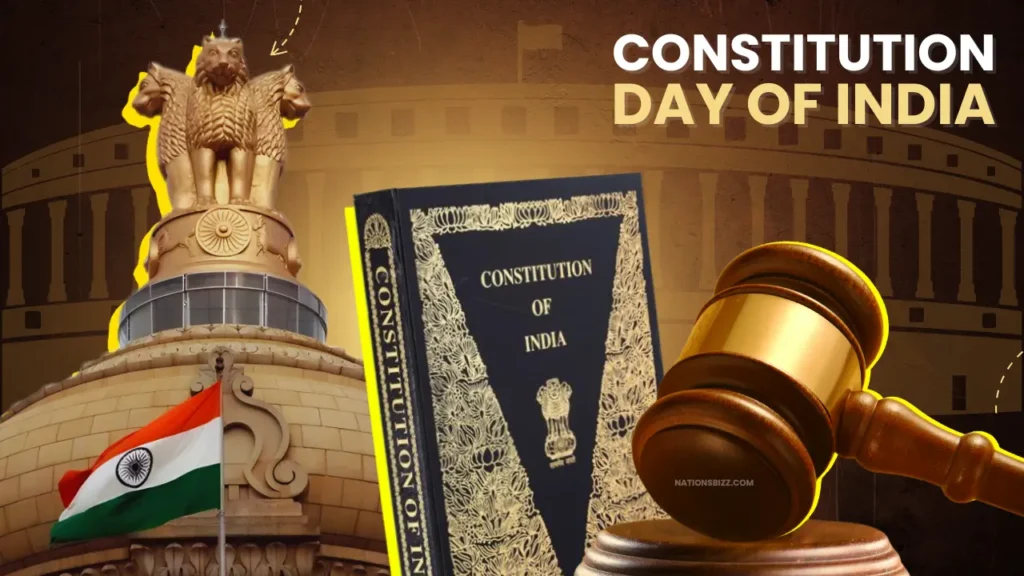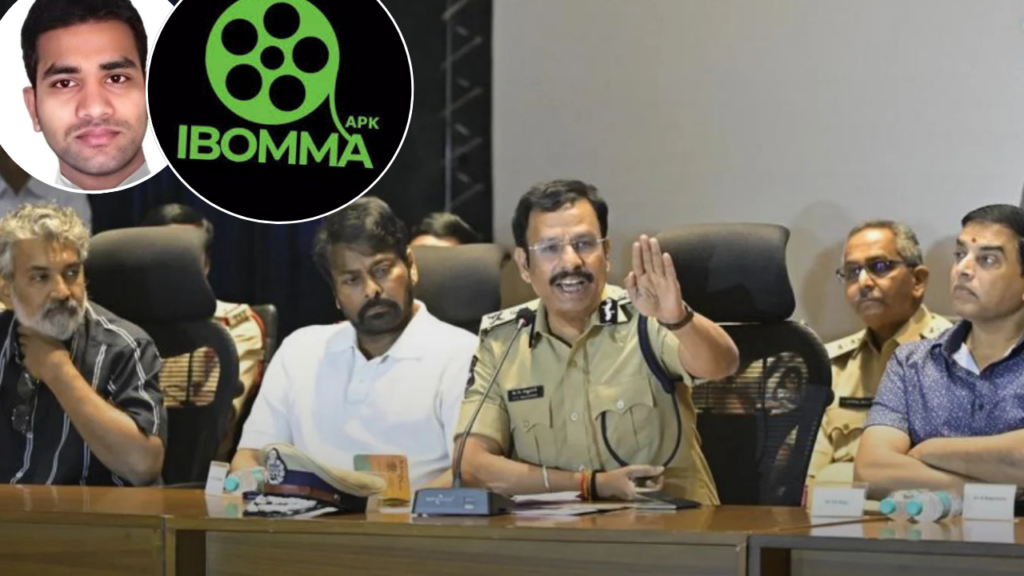The long-standing dispute over the Krishna Janmabhoomi-Shahi Idgah in Mathura has taken a new turn. The Allahabad High Court recently rejected a plea that sought to include. Goddess Radha as a party in the ongoing legal proceedings. This decision brings clarity to the question of representation in the case, which involves complex religious and historical issues. Here’s a clear overview of the case, the plea, the court’s reasoning, and what lies ahead.
Background of the Krishna Janmabhoomi-Shahi Idgah Dispute
The dispute centers on a piece of land in Mathura, believed to be the birthplace of Lord Krishna. Hindu petitioners claim that a temple once stood at the site before the Mughal period construction of the Shahi Idgah mosque. They have filed 18 suits seeking possession of the land, removal of the mosque, and restoration of the temple.
What the Petitioners Say
The Hindu petitioners argue that builders demolished the original temple dedicated to Lord Krishna to construct the mosque. They want the land returned to its pre-mosque condition and have sought a permanent injunction against any further interference.
The Muslim Side’s Position
On the other hand, Muslim representatives — including the Committee of Management Trust Shahi Masjid. Idgah and the UP Sunni Central Waqf Board — maintain that the mosque was constructed in 1669–70 and has stood undisturbed ever since. They maintain that the Places of Worship (Special Provisions) Act, 1991, protects the mosque’s status as it existed on August 15. 1947, and therefore, any legal suits challenging it are not permissible under the law. Additionally, they cite the Limitation Act and the Waqf Act to support their case.
The Plea to Include Goddess Radha: What Was It About?
Amid the ongoing legal proceedings, Hindu petitioners filed a new plea asking the court to include Goddess Radha as a party to the case. The reasoning was based on Radha’s important religious and cultural association with Lord Krishna Janmabhoomi. Especially in worship practices connected to Krishna’s birthplace.
Why Include Goddess Radha?
The petitioners argued that Goddess Radha holds a vital place in the spiritual context of the Krishna Janmabhoomi. hey argued that including Goddess Radha would ensure the case represents the full spectrum of religious sentiments and interests, reflecting the deep devotional bonds shared by her worshippers. Making the legal process more inclusive of all devotees’ beliefs.
Allahabad High Court’s Decision: Why Was the Plea Rejected?
The Allahabad High Court, presided over by Justice Ram Manohar Narain Mishra, dismissed this plea. The court explained that the deity Bhagwan Shrikrishna Virajman — who is already a party in the case — sufficiently represents the religious interests of the Hindu community in the dispute.
Key Points from the Court’s Judgment
- Representation by Deity: The court reiterated the legal principle that a deity can be a juristic person in legal matters, meaning the deity itself can be a party to a lawsuit.
- No Need for Redundancy: Including Goddess Radha separately would be redundant since Krishna is the primary focus of the dispute, and the deity already represents the relevant religious sentiments.
- Focus on Substantive Issues: The court emphasized that including more parties without clear necessity could complicate the proceedings without contributing meaningfully.
What Does This Mean for the Case?
Rejecting the plea to include Goddess Radha keeps the case focused on its core legal and historical questions. The main issues now continue to be:
- The validity and maintainability of the suits filed by the Hindu petitioners.
- The applicability of the Places of Worship Act, 1991, which protects religious places’ status as of August 15, 1947.
- The evidence focuses on the historical status of the Shahi Idgah mosque, investigating whether it was built over the remains of a pre-existing temple. This includes examining archaeological findings, historical documents, and testimonies presented by both parties. This includes archaeological records, historical texts, and other documentation presented to support or refute the claim of demolition and reconstruction.
The court will hold the next hearing in this case on July 4, 2025, and is expected to examine these issues more deeply, including the historical evidence and legal arguments both sides have presented.
Understanding the Legal Context: Deity as a Juristic Person
In Indian law, the concept of a deity as a juristic person is firmly established. This legal status allows a deity to own property, initiate legal proceedings. Or be subject to lawsuits through appointed representatives—usually priests or trustees of the temple.
Why Does This Matter?
This legal recognition safeguards collective religious interests by removing the need for each devotee or associated deity to appear individually in court. It streamlines the legal process, minimizes unnecessary complications. And guarantees that the rights and concerns of the entire community are properly safeguarded.
The Broader Impact of the Case
The Krishna Janmabhoomi-Shahi Idgah dispute is part of a larger pattern of religious and historical conflicts involving places of worship in India. The legal outcome here could set important precedents for:
- How courts treat historical religious disputes.
- The interpretation and enforcement of the Places of Worship Act, 1991.
- The rights of communities to reclaim or protect religious sites.
- The role of deities as parties in legal suits.
Conclusion: Focus on Core Issues
The Allahabad High Court’s rejection of the plea to include Goddess Radha as a party streamlines the case and avoids unnecessary complexity. By recognizing that Lord Krishna, as a deity and juristic person. Already represents the Hindu community’s religious interests, the court ensures the case focuses on substantive legal questions.
As the case proceeds, it will remain a significant example of how India’s judiciary balances religious sentiments. Historical claims, and legal frameworks in complex disputes involving places of worship.





















